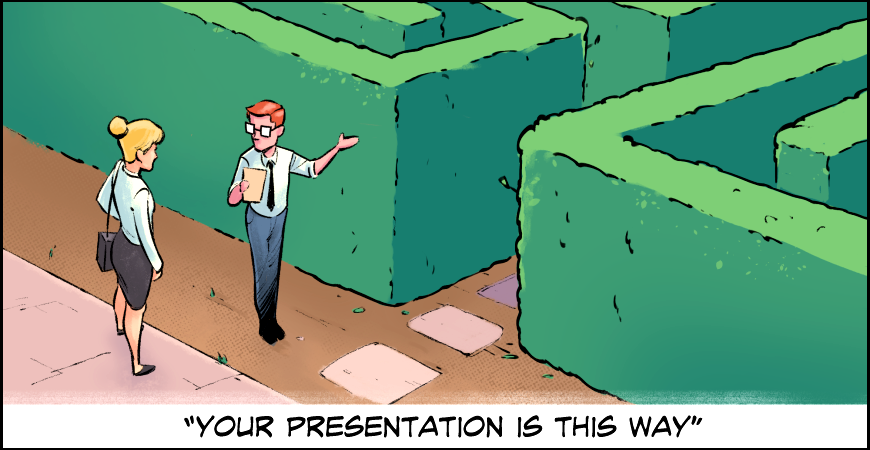Presenting a proposal to government can be daunting, especially if you are unfamiliar with bureaucracy and government decision making processes. There are, however, a few elements to consider that can make this less challenging and increase the likelihood of success.
- Who are you presenting to?
If you are presenting to a Minister, learn their preferences around level of detail and format when being presented with information. Are they details oriented or more high level, big picture? Your proposal might benefit from a visual presentation or it might be best administered with a heavy dose of text. Some Ministers are well renowned for their attention to detail, so it will be important to be confident in the facts and figures that you are relying on. It’s also worth establishing whether the Minister has an existing interest – either personal or relating to their electorate.
- How does your proposal align with the government’s priorities or policies?
Good governments regularly provide us with guidance on their priorities and policies. Whether this is in the policies that they took to the most recent election, longer range targets such as those contained in the Our Priorities – Sharing Prosperity document released in 2019 or the recommendations of the recent draft State Infrastructure Strategy, there are plenty of clear markers to the direction that government wants to take and opportunities to partner with it.
- Where are we in the budget and or election cycles?
This year the State Budget will be handed down in September. However, in a non-election year, the State Budget is usually handed down in May. This means that the bulk of the key decision making in made in the post-Christmas and New Year period and into early March, as agencies put proposals to their Ministers. Following the Special Inquiry into Government Programs and Projects (the “Langoulant Review”), the McGowan Government has elevated the importance and integrity of the budget by requiring requests for new and additional funding to be submitted as part of the annual process. While there can be exemptions, there is a far greater likelihood of proposals being thoroughly assessed and favourably considered if they are developed in the months before the end of the calendar year.
Above all these, it’s important to seek feedback and get advice on your proposal from people experienced in dealing with government at all levels. Not only will they be able to explain the nuts and bolts of the process but also offer advice on the type of information that government will need to inform its decision.
Contact CGM for assistance understanding key government drivers and identifying prospects for partnership or collaboration.
 ReGen Strategic
ReGen Strategic